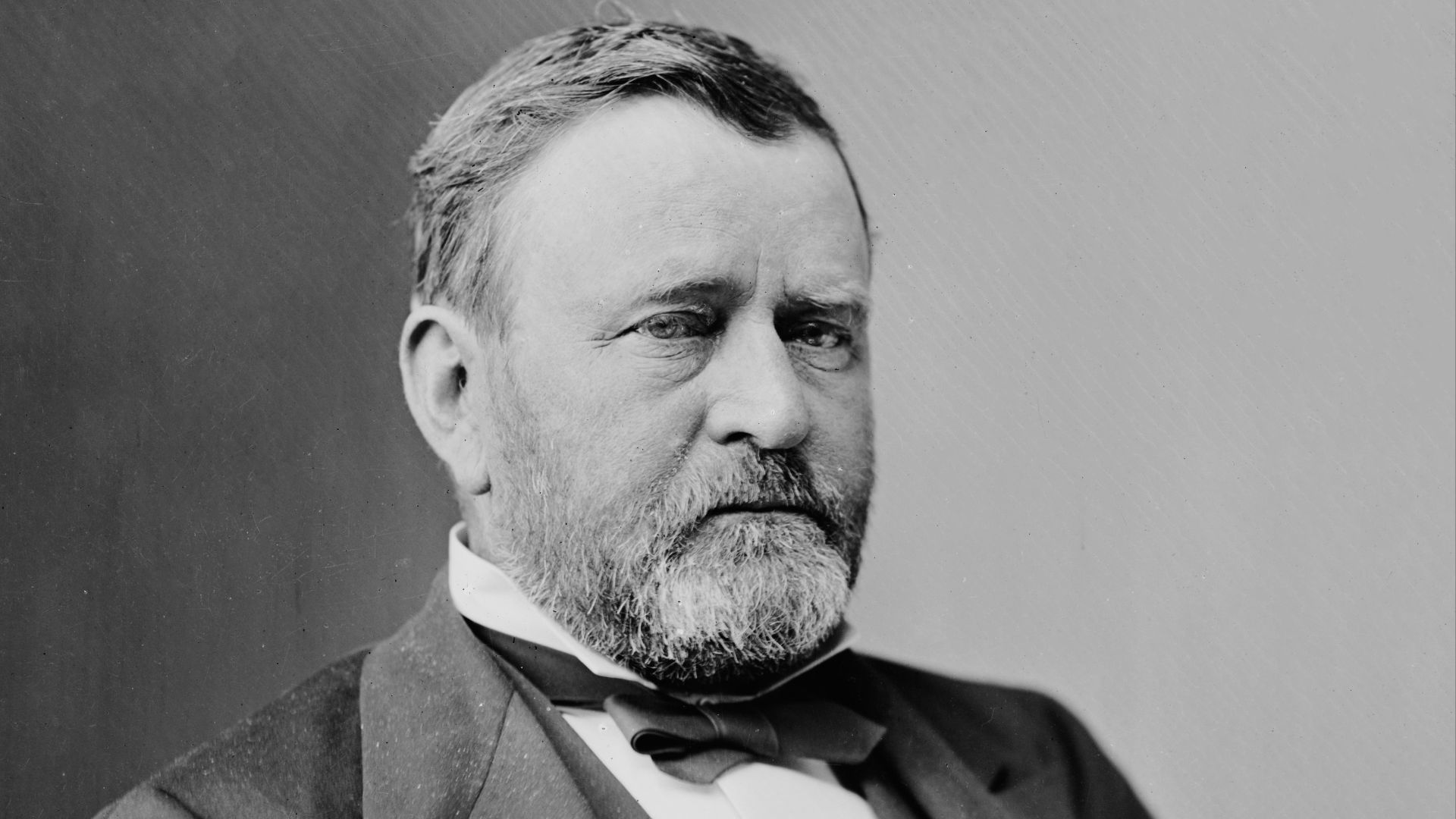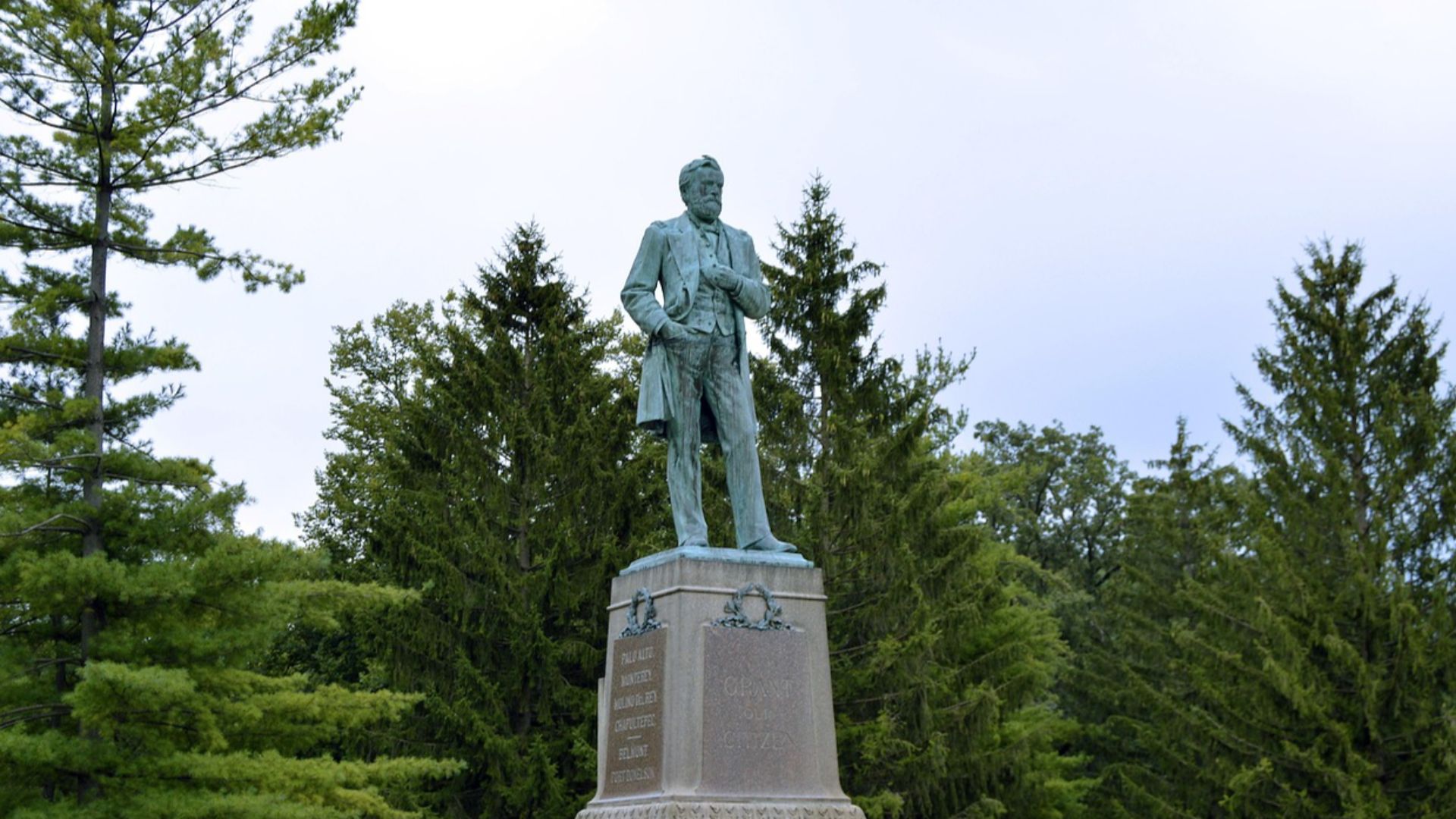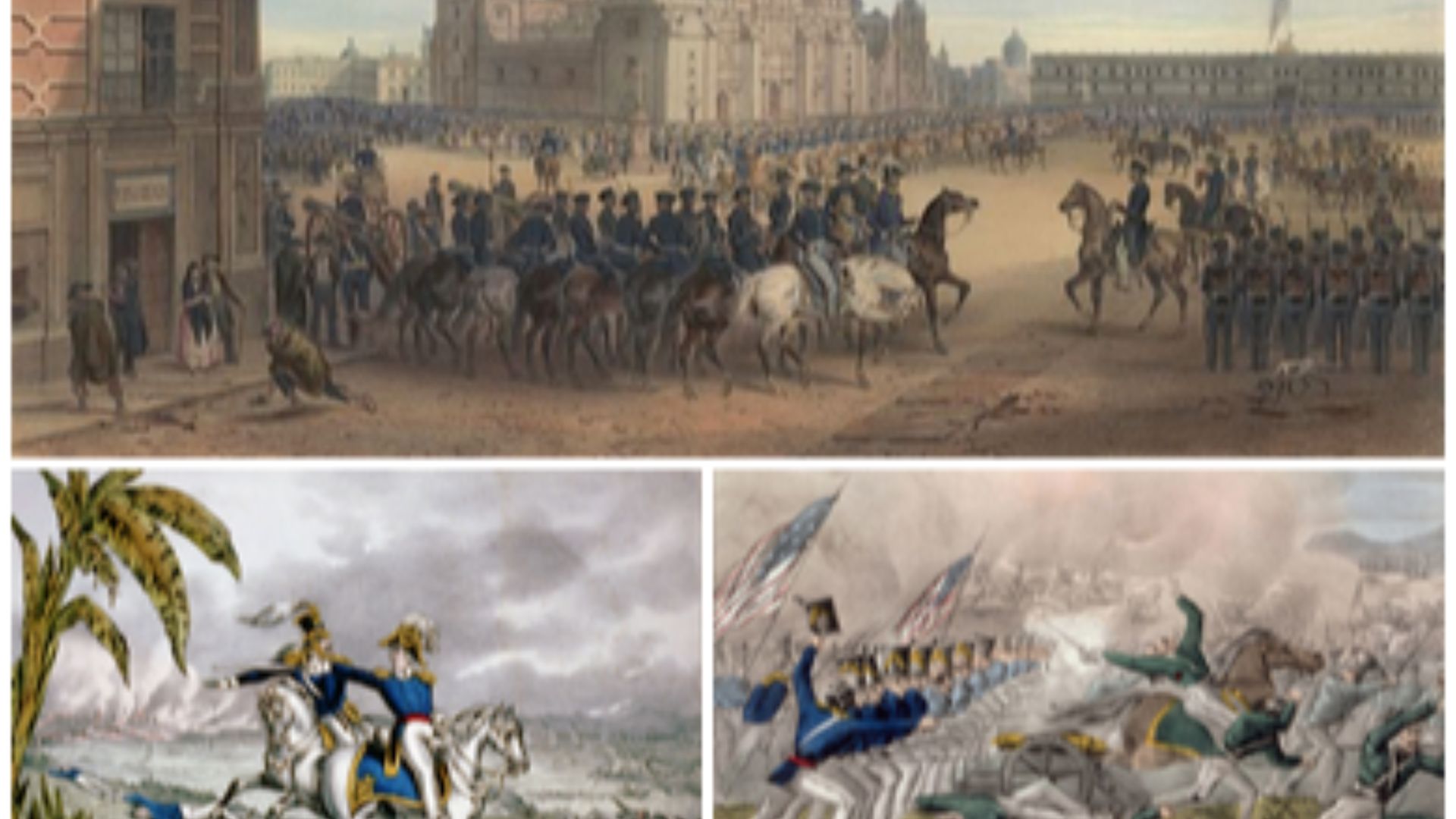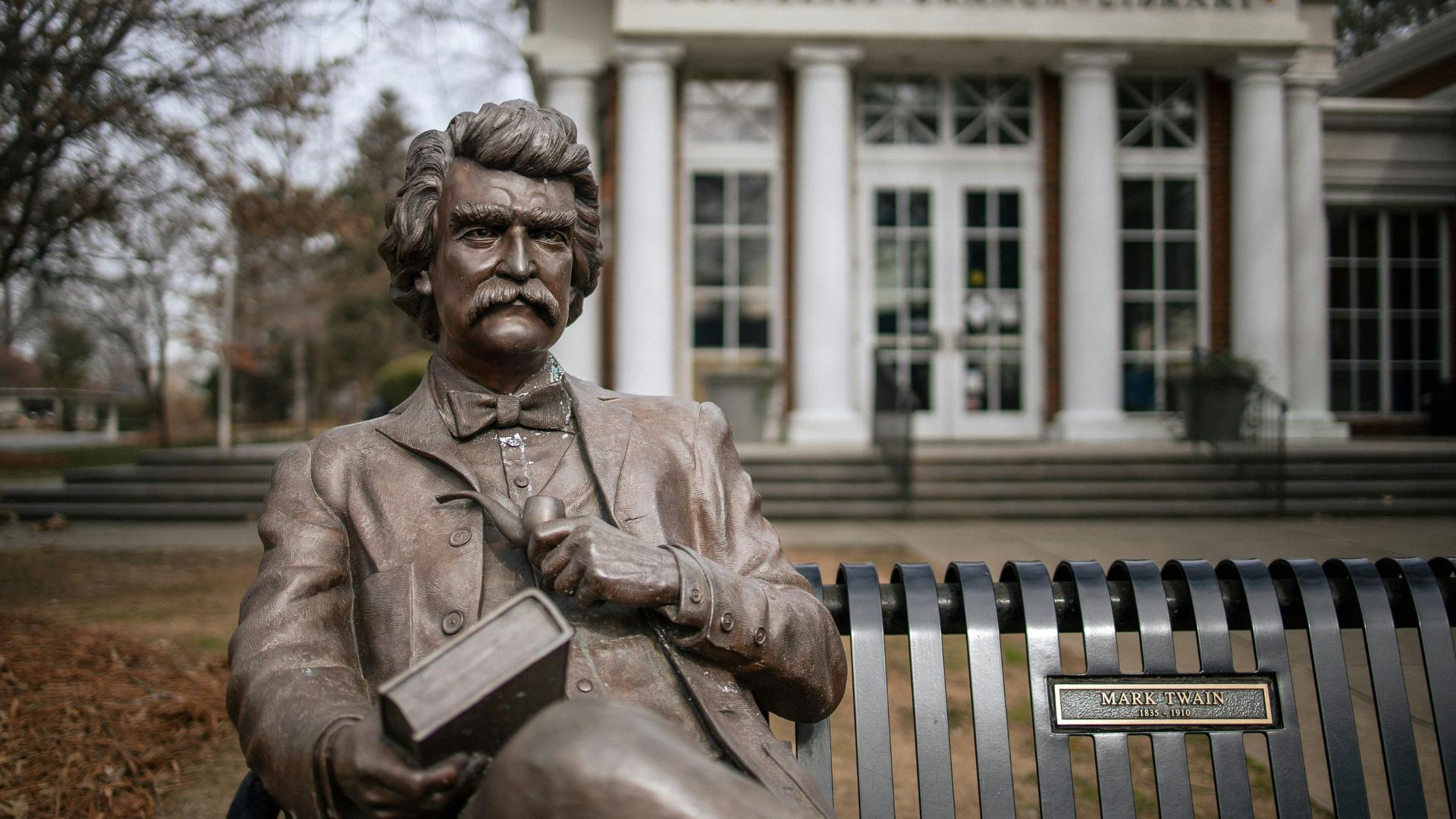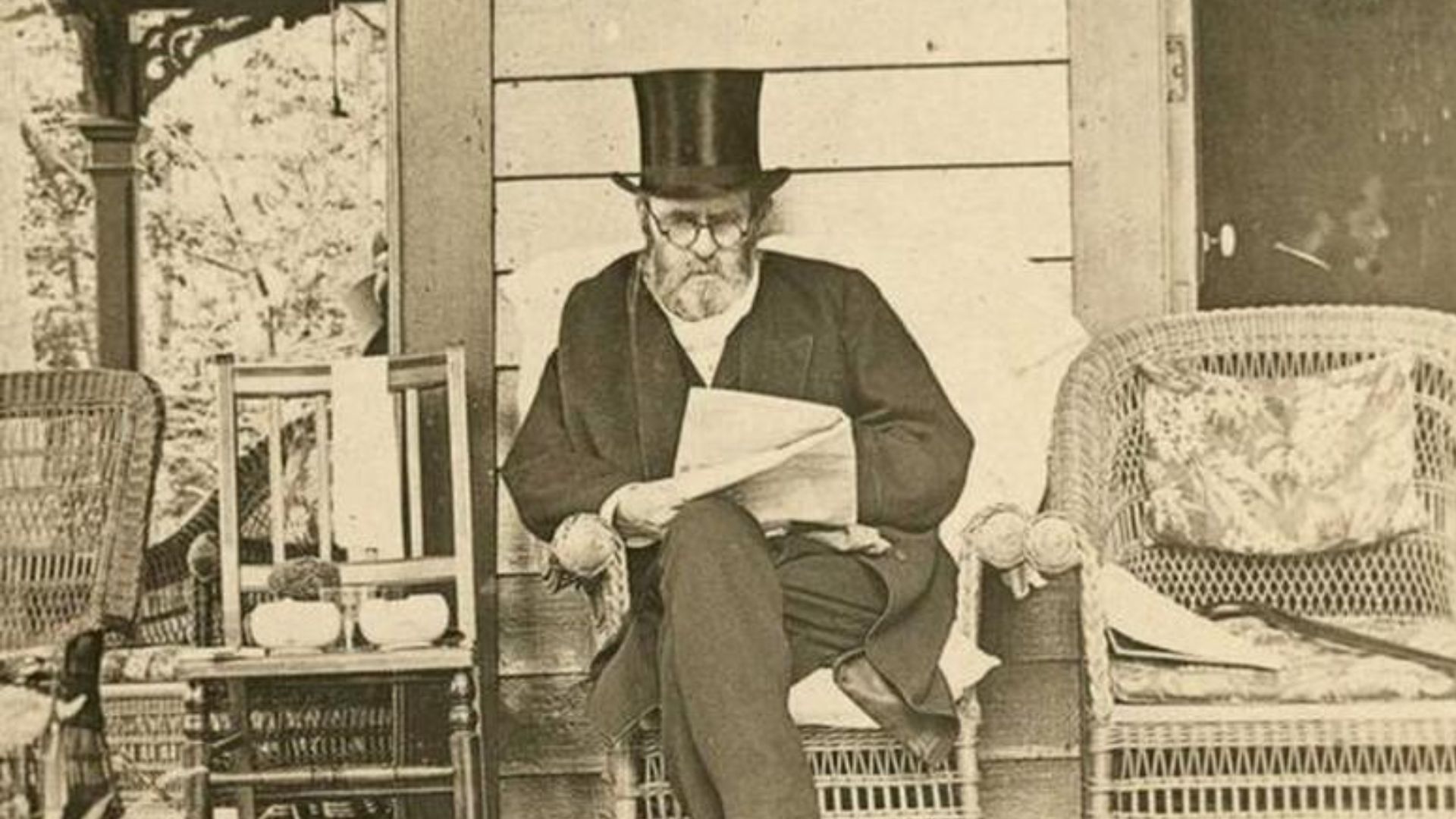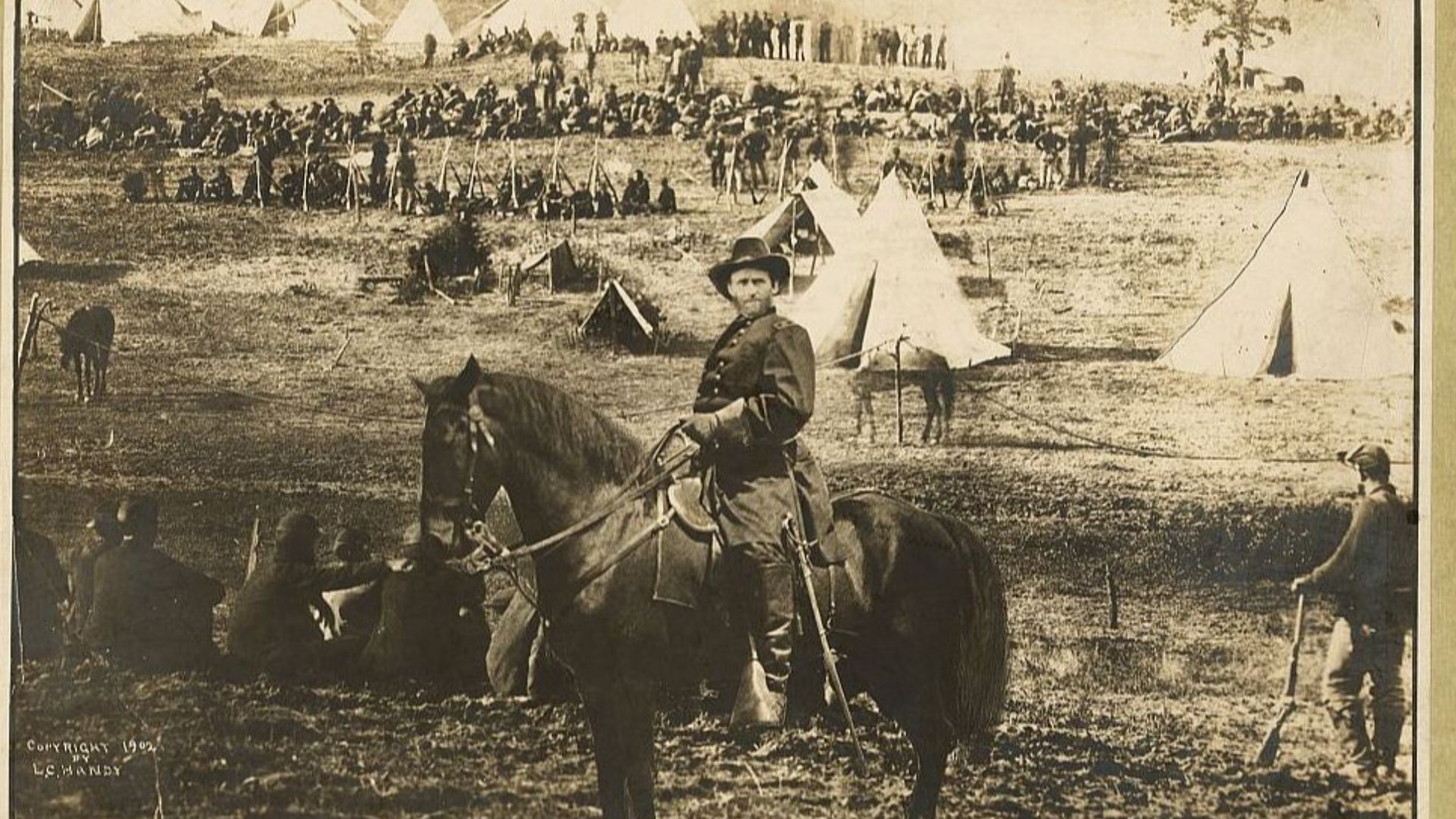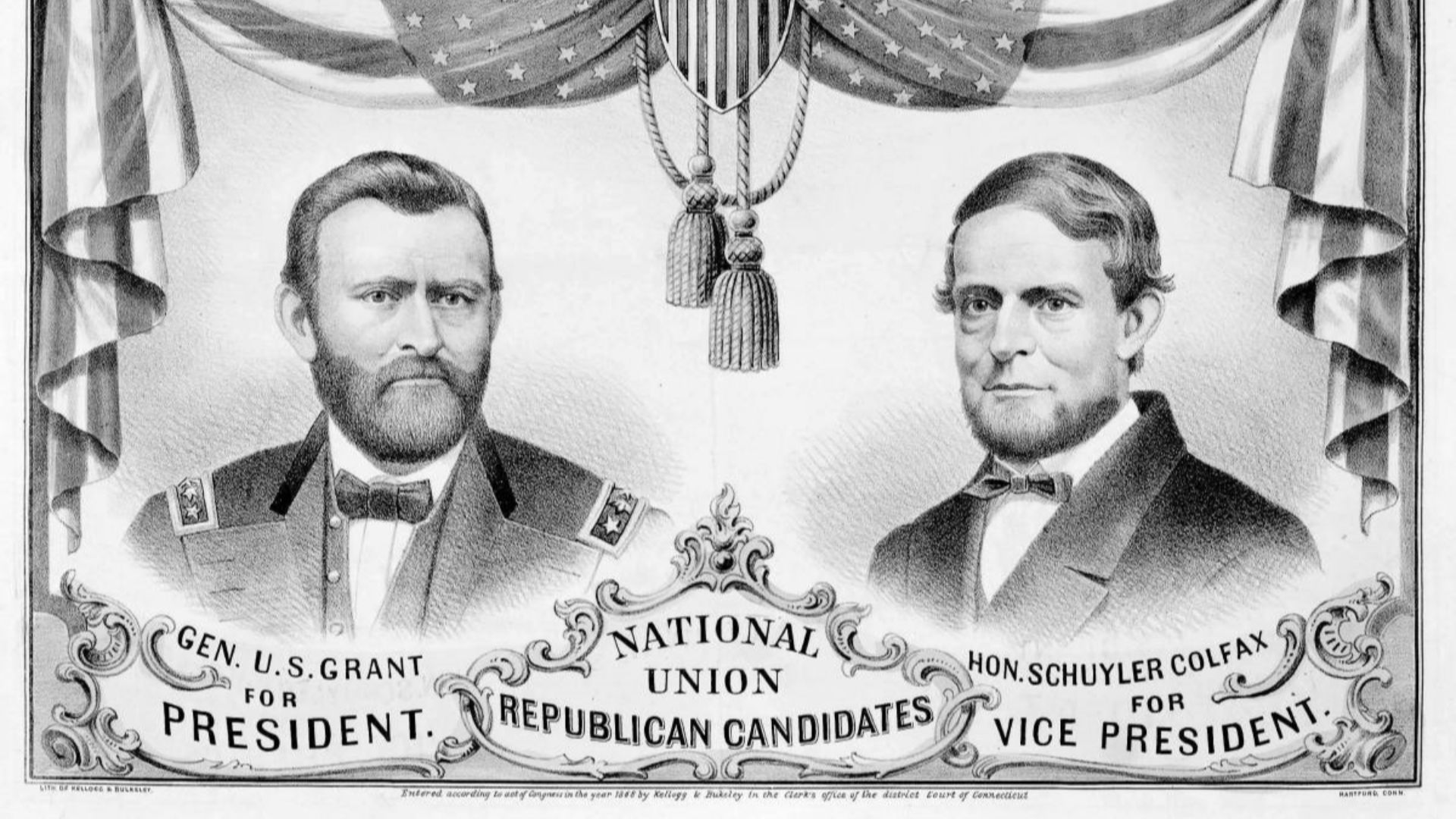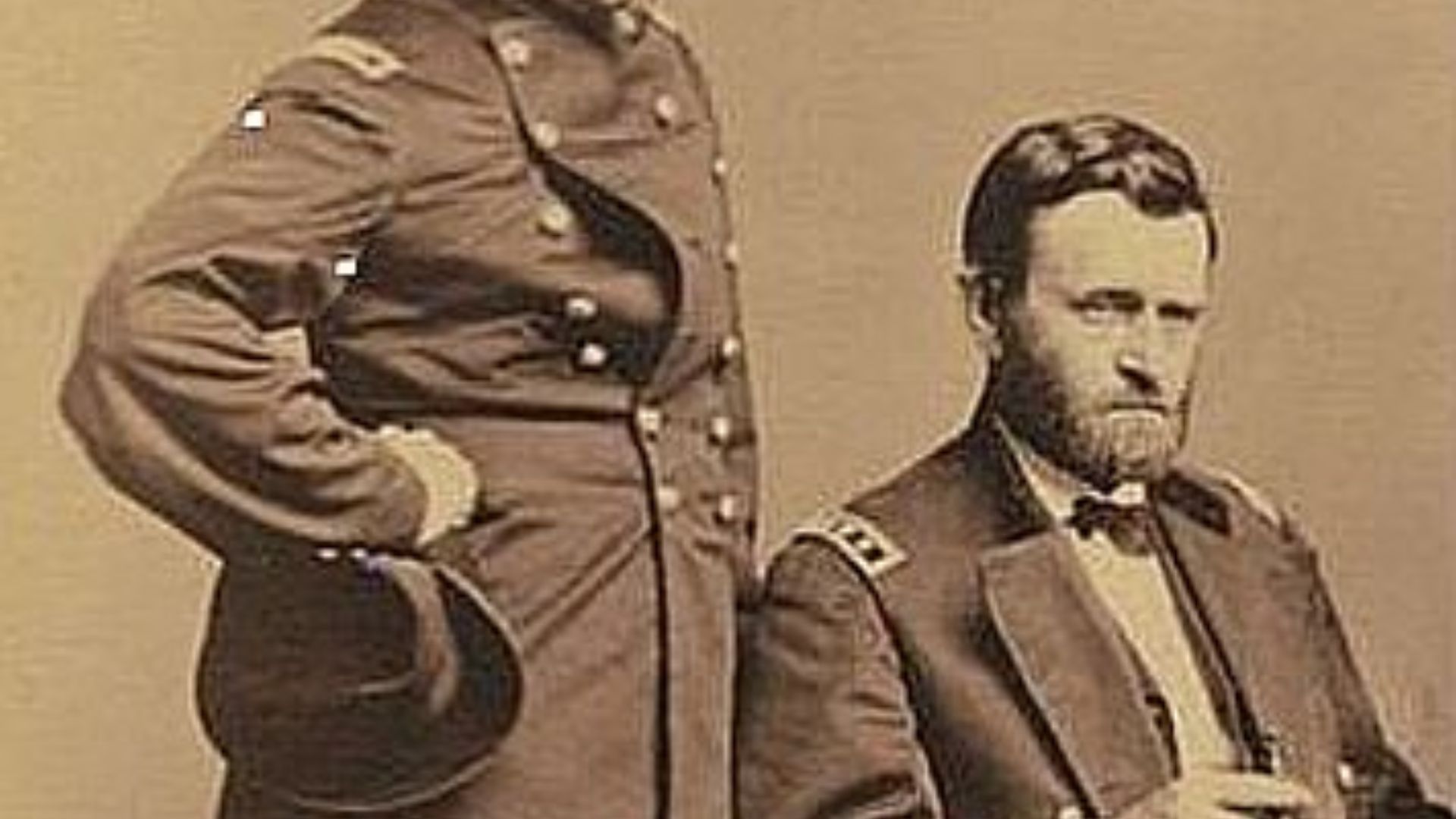10 Facts About Ulysses S. Grant And 10 Misconceptions
What Military Mastermind's Name Isn't Shrouded In Myths?
Ulysses S. Grant: a name forever to be synonymous with America. Largely responsible for the Union's victory in the Civil War, it's difficult to imagine where the US would be without his military prowess. As a man of quiet reserve and modesty, he was an easy target for political opponents who eagerly smeared his name in the mud with their lies, some of which continue to tarnish his reputation today. Although he was hardly a perfect man, corruption and alcoholism were truly not his style. Let's set the record straight on Ulysses S. Grant by going over some of the facts and misconceptions surrounding his name.
1. His Real First Name Wasn't Ulysses
His real name was Hiram Ulysses Grant. He was named Ulysses S. Grant due to a clerical error at his military college, West Point. Needless to say, it stuck.
2. He Served In The Mexican War
Ulysses S. Grant served as a junior officer in the Mexican War despite criticizing it as immoral and expansionist. He shadowed General Winfield Scott, who inspired his later military leadership.
3. He Was A Civil War Hero
Ulysses S. Grant was undeniably a civil war hero. He was a top general whose strategic leadership unified the Union's armies and eventually brought Robert E. Lee to surrender.
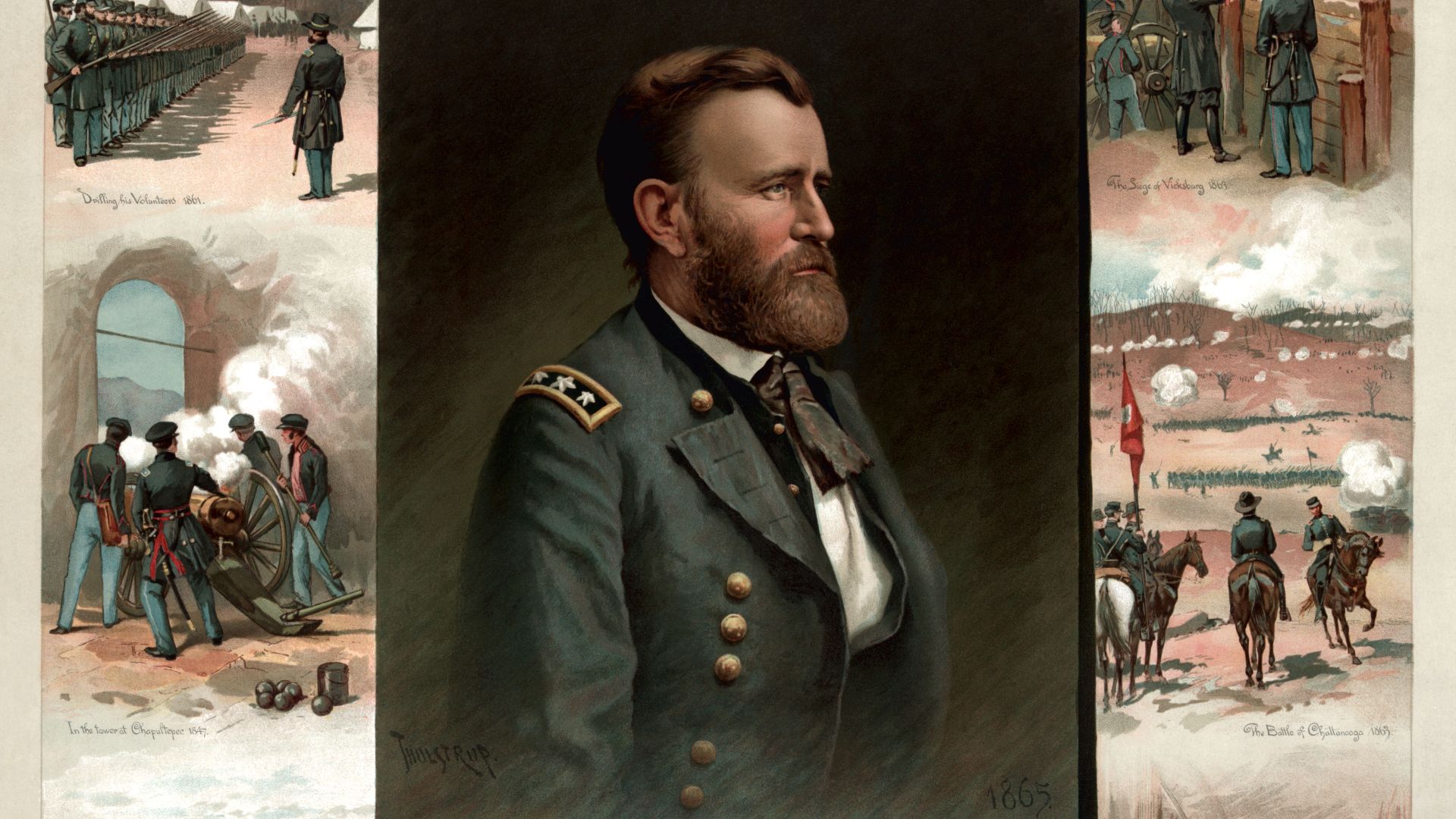 Thure de Thulstrup / Adam Cuerden on Wikimedia
Thure de Thulstrup / Adam Cuerden on Wikimedia
4. Mark Twain Was A Close Friend
The boisterous and witty writer, Twain, and the reserved military leader, Grant, formed an unlikely friendship after Twain gave a speech at a dinner honoring Grant in 1879. Twain encouraged Grant to write his memoirs at the end of his life to save him from bankruptcy and oversaw the publication of them.
5. He Was Financially Ruined Late In Life
Grant faced serious financial struggles late in his life because he got bamboozled by a trusted friend, Ferdinand Ward. He and Ward were partners in a brokerage firm and Ward falsely claimed to have inside connections which would give Grant and his other investors high returns in what ended up being essentially a Ponzi scheme.
6. He Was Elected Twice For President
After the war, Grant had two terms in the Oval Office as the 18th president of the US. During his time in power, his primary focus was reconstruction after the war, civil rights, and improving relations with Native Americans. He ran for president a third time but was unsuccessful.
 The Bureau of Engraving and Printing on Wikimedia
The Bureau of Engraving and Printing on Wikimedia
7. He Hated Bloodshed
Despite being a military general, Grant wasn't a violent man. His time on the battlefield made him painfully aware of the horrifying human cost of war and he avoided casualties wherever possible.
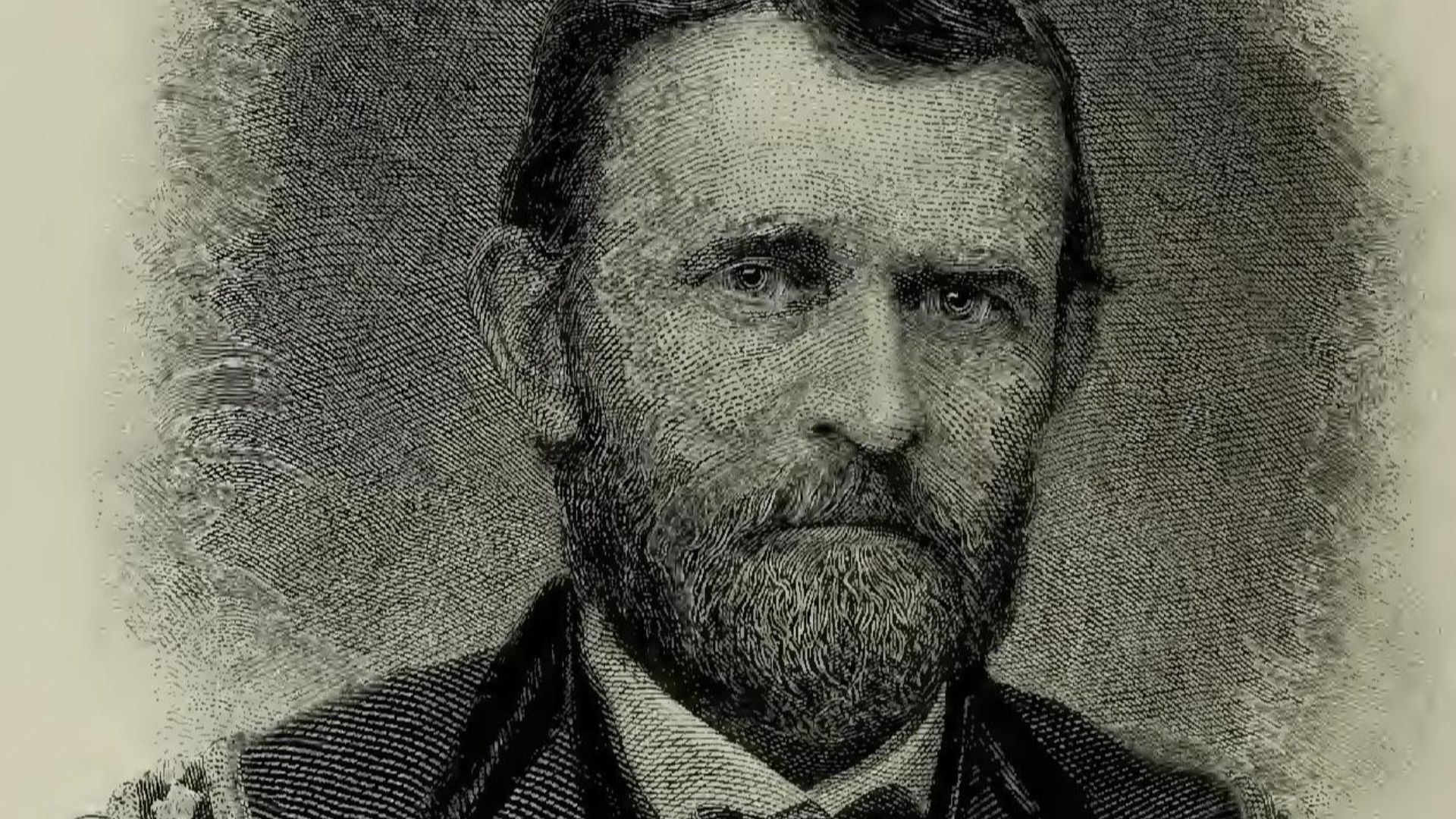 William E. Marshall on Wikimedia
William E. Marshall on Wikimedia
8. He Didn't Initially Want To Be A Soldier
Grant didn't originally aspire to a career in the military, but his father arranged for him to attend West Point, seeing it as a path to free education and a stable future. He found himself to be well-suited to military life and grew fond of it.
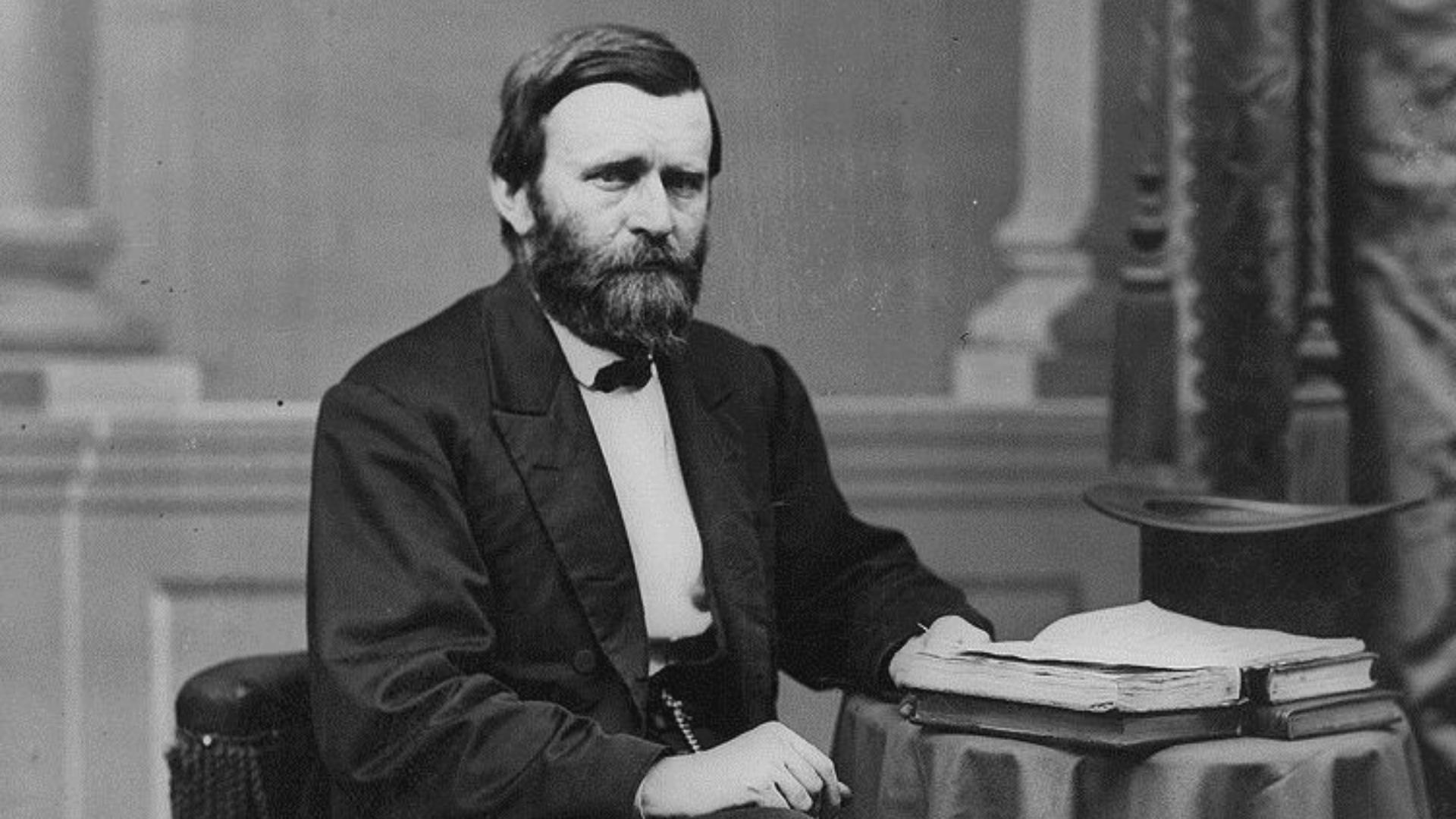 Mathew Benjamin Brady on Wikimedia
Mathew Benjamin Brady on Wikimedia
9. He Was Reserved
Ulysses S. Grant was famously reserved. He had a quiet demeanor and was cool under pressure. He wasn't one to toot his own horn and he suffered silently.
10. He Was An Exceptional Horseman
Grant was known for his natural talent as a horseback rider. He was able to tame even the most unwieldy creatures and even won a high jump record at West Point, clearing a six-foot-tall bar atop a fierce and powerful horse called York.
Now that we've covered the facts, let's go over the myths surrounding Ulysses S. Grant, as any legend is bound to have some.
1. He Was An Alcoholic
Grant was known to binge drink on occasion, but the notion that he was an alcoholic was a falsification. His political opponents labeled him a "drunk" as a smear tactic, but there's no evidence to suggest that he ever drank on duty.
 Diamond Rehab Thailand on Unsplash
Diamond Rehab Thailand on Unsplash
2. He Was An Ineffective President
Grant's second term coincided with a severe economic depression, the Panic of 1873, for which he was a scapegoat. He was also blamed for much of the violence against African Americans at the hands of the Ku Klux Klan during this time, despite enacting and enforcing civil rights laws. His more hands-off and quiet approach to government compared to some of his predecessors was seen as a weakness, but he was doing a lot behind the scenes.
3. He Was Corrupt
Grant's presidency was marred by corruption, most notably the Whiskey Ring Scandal which saw government officials embezzling tax revenue from whiskey sales. Despite not being involved in any of them, his name was tarnished by these scandals.
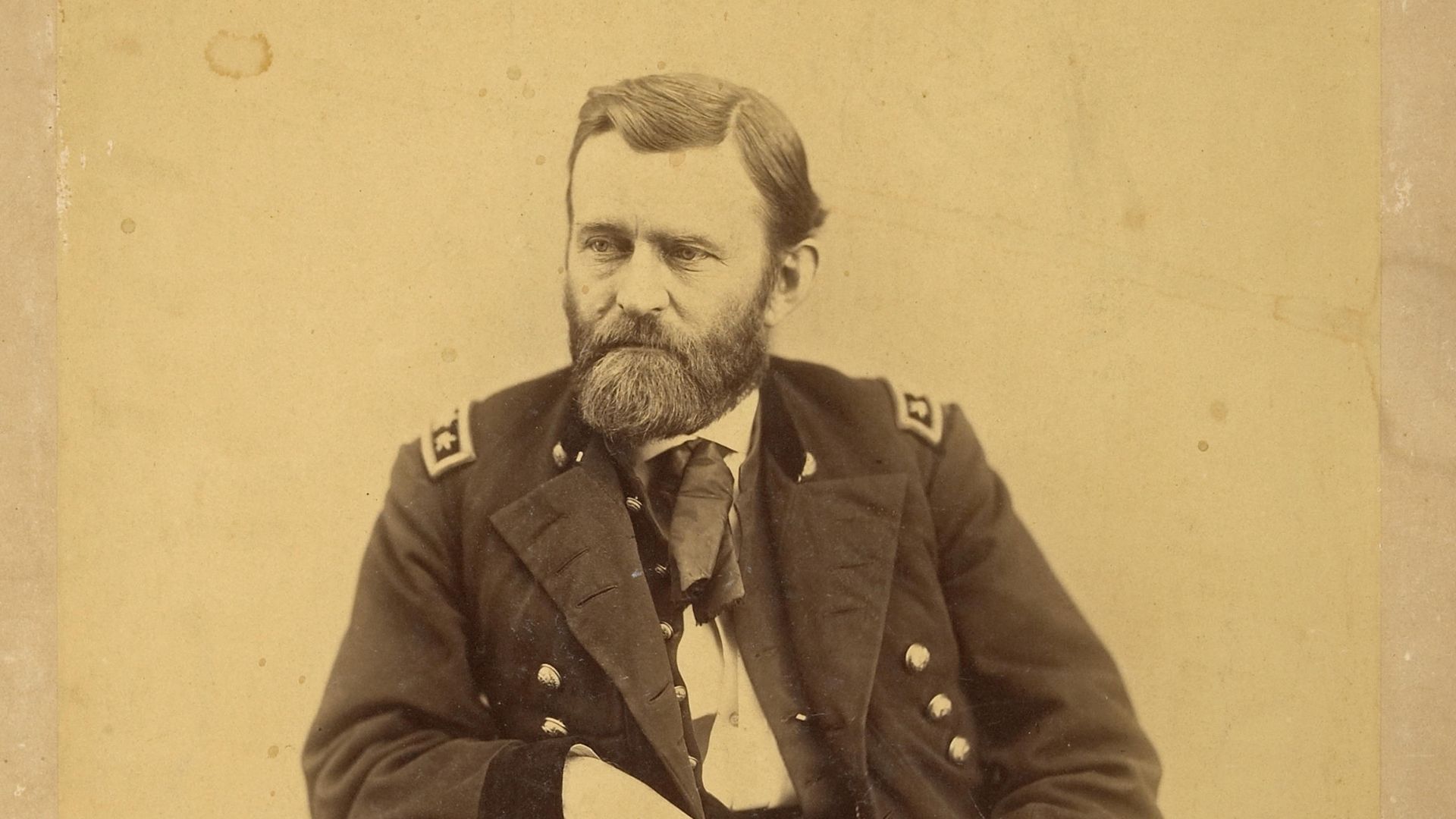 Alexander Gardner on Wikimedia
Alexander Gardner on Wikimedia
4. He Was A Poor Public Speaker
While it's true that Grant lacked the flowery eloquence of other prominent speakers of his time, he was an effective communicator who was good at rallying support. Although he was modest and reserved, he was a pragmatic and strong leader and could get his message across in a clear and direct manner.
5. He Owned Slaves His Whole Life
It's easy to assume that everyone of that era owned slaves as it was more or less "the norm," but in Grant's case, this isn't accurate. He only owned one enslaved person whom he purchased from his father-in-law, but he freed him nine years later before the start of the war, despite having the option of selling him.
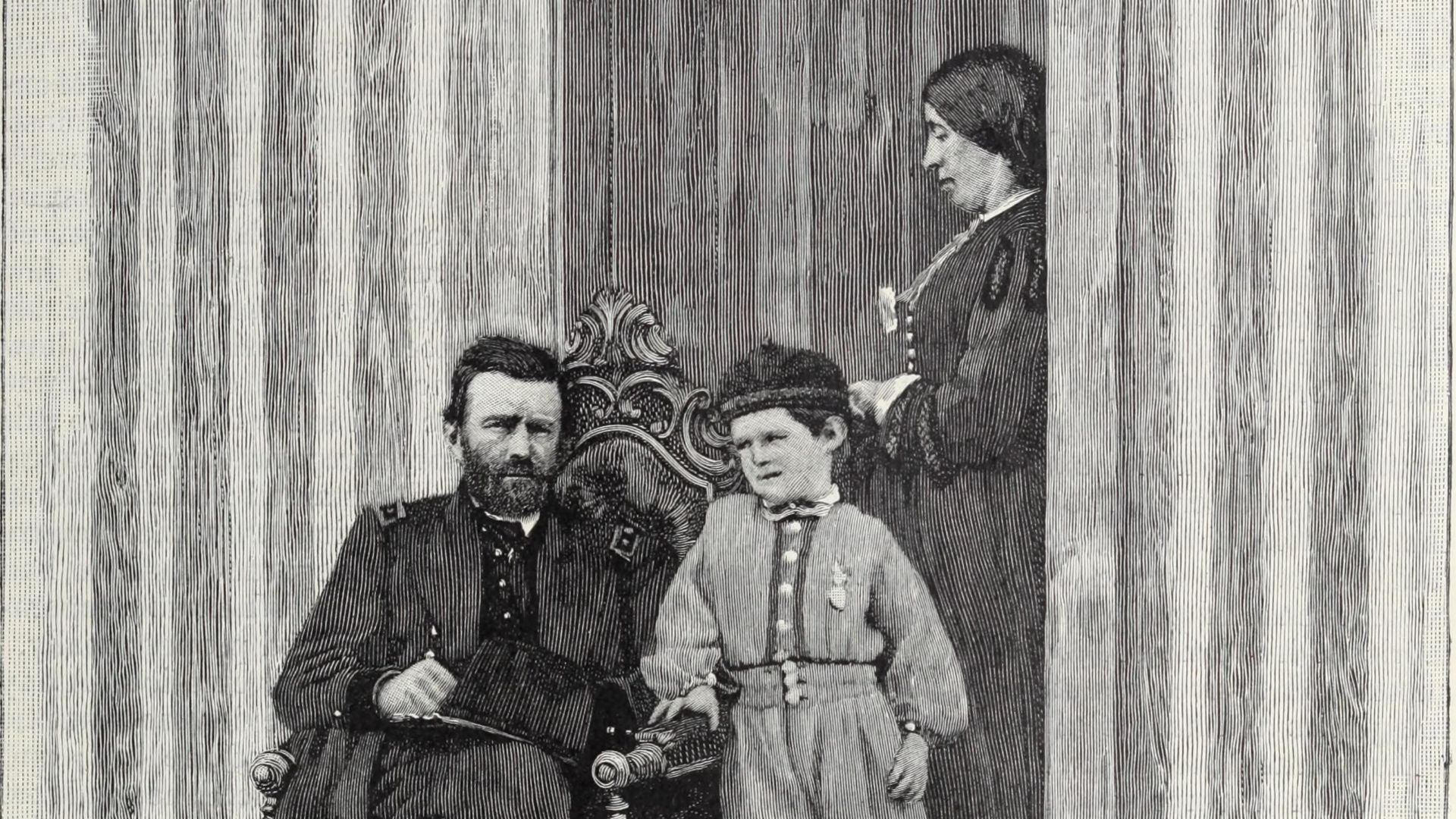 Internet Archive Book Images on Wikimedia
Internet Archive Book Images on Wikimedia
6. He Wasn't Smart
While it's true that Grant didn't have a strong academic background, that doesn't mean he wasn't intelligent. He was a quick-thinking problem solver, remarkable strategist, and strong communicator.
7. He Was A Butcher On The Battlefield
While the end of the war did result in heavy casualties, Grant didn't win through attrition. His strategy was based on coordinated offenses and relentless pursuit of Confederate forces. He avoided unnecessary bloodshed wherever possible.
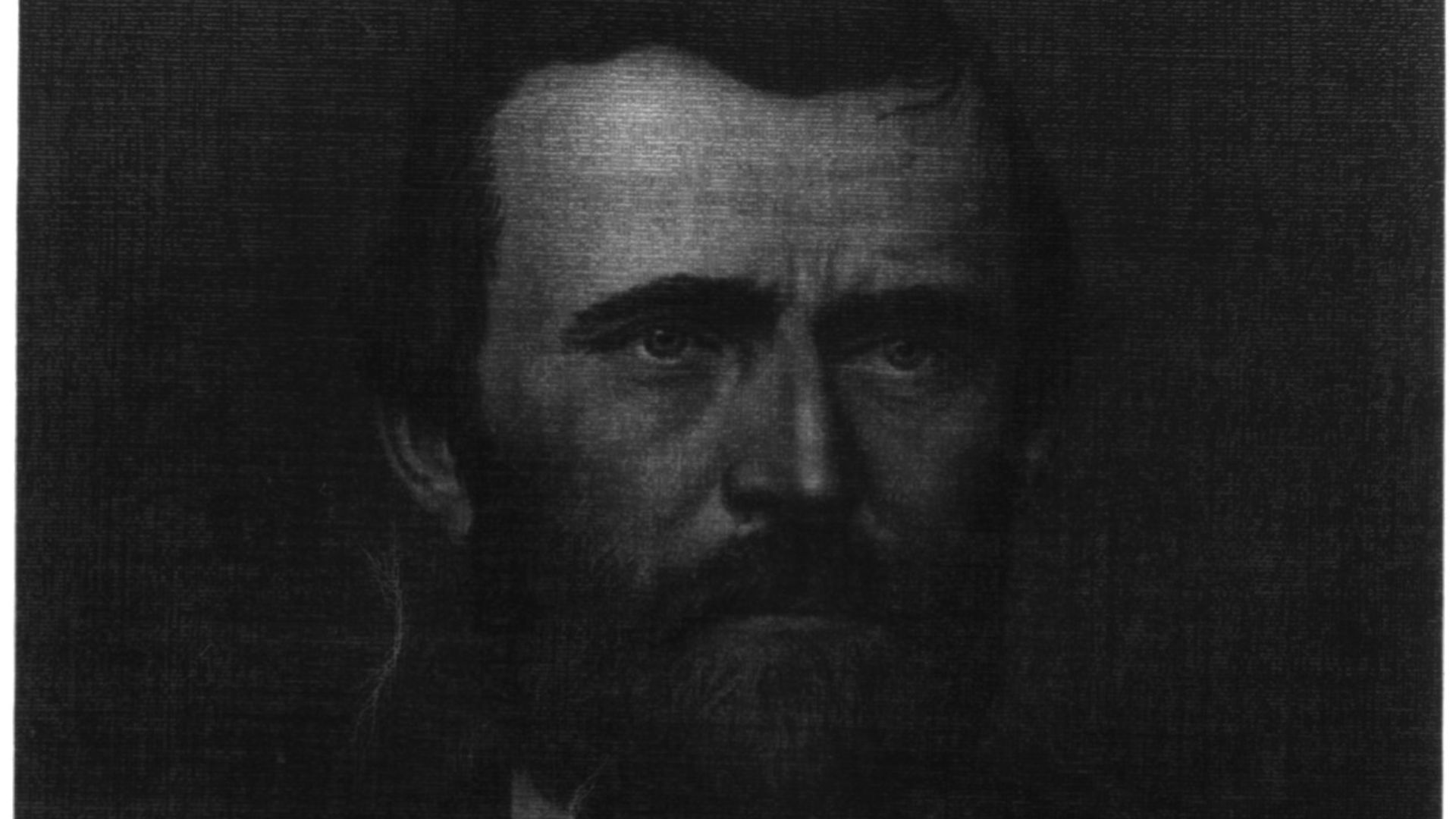 Popular Graphic Arts on Wikimedia
Popular Graphic Arts on Wikimedia
8. His Presidency Was A Failure
Grant's job as president was to pick up the pieces and mend the nation following its bloody Civil War. This was a huge challenge, and he wasn't able to complete all the jobs he set out to do, but his enforcement of civil rights policies, westward expansion and conservation initiatives, and efforts to mend relations with the Native Americans should be celebrated.
9. He Was The Sole Reason The Union Army Won The War
While Grant was a brilliant general who played an integral part in the Union's victory over the South, he didn't do it alone. Abraham Lincoln's leadership, the industrial capacity of the Northern US, and other key military figures like Philip Sheridan and William T. Sherman were also crucial parts.
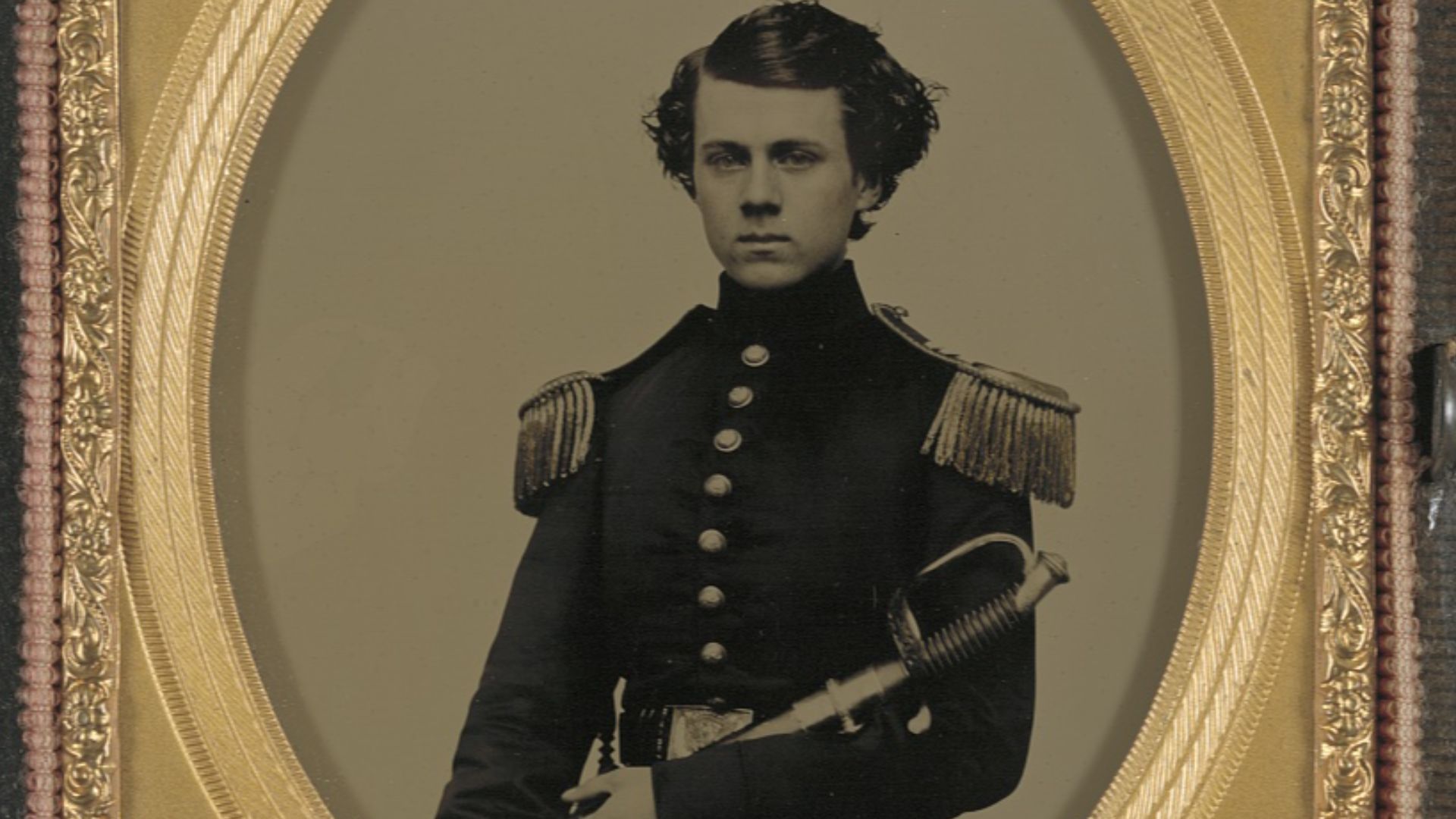 The Library of Congress on Wikimedia
The Library of Congress on Wikimedia
10. He Went Bankrupt Because He Was Gullible
Although his money got tied up in a Ponzi scheme, it wasn't because he was exceptionally naive or gullible. He entrusted his friend and his son to help him handle his fortune, and Ward came highly recommended by people Grant knew and trusted.
KEEP ON READING

The Clueless Crush: How I Accidentally Invited a Hacker Into…
Fluorescent Lights and First Impressions. My name is Tessa, I'm…
By Ali Hassan Nov 4, 2025
This Infamous Ancient Greek Burned Down An Ancient Wonder Just…
History remembers kings and conquerors, but sometimes, it also remembers…
By David Davidovic Nov 12, 2025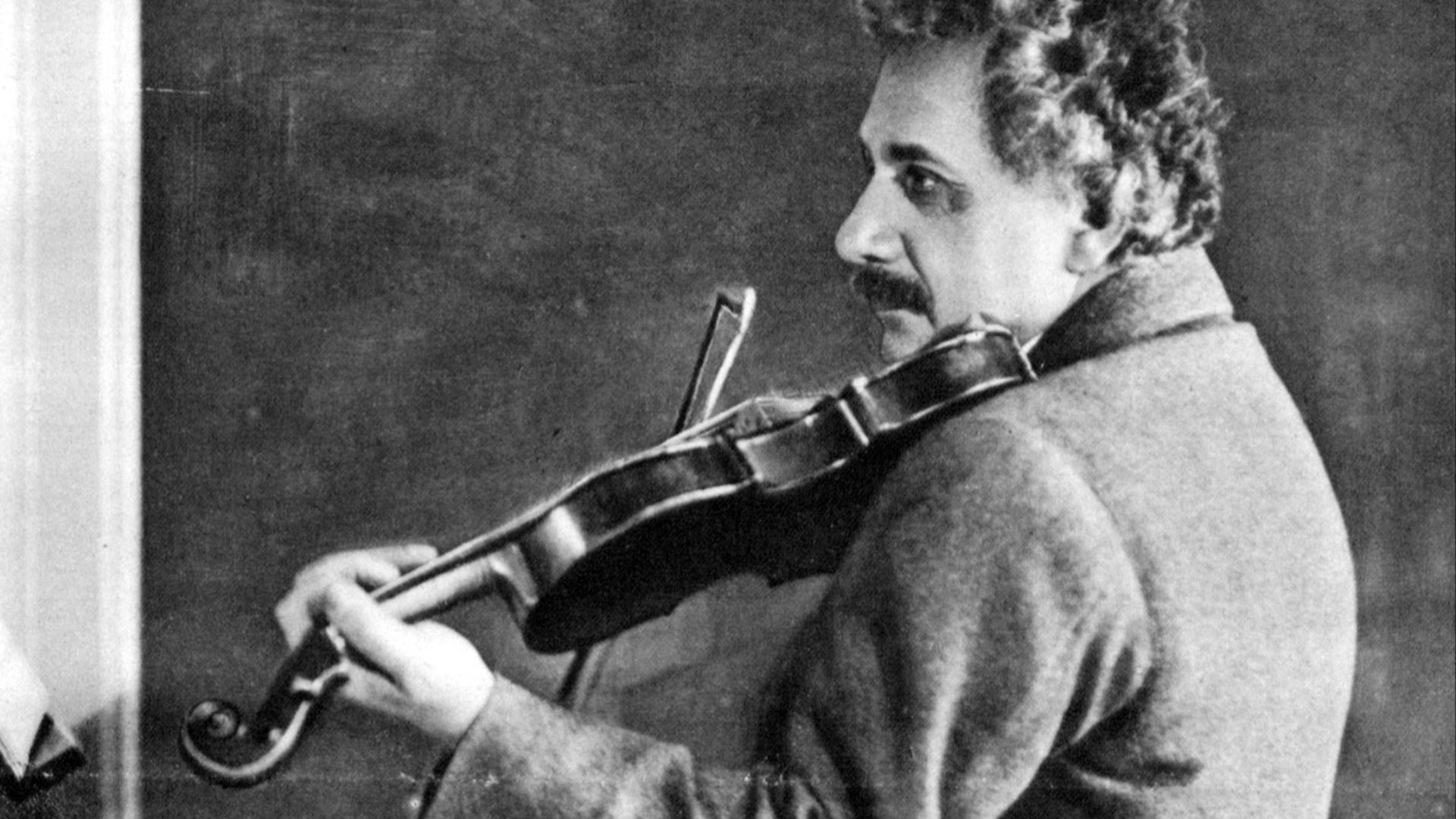
Einstein's Violin Just Sold At An Auction—And It Earned More…
A Visionary's Violin. Wanda von Debschitz-Kunowski on WikimediaWhen you hear…
By Ashley Bast Nov 3, 2025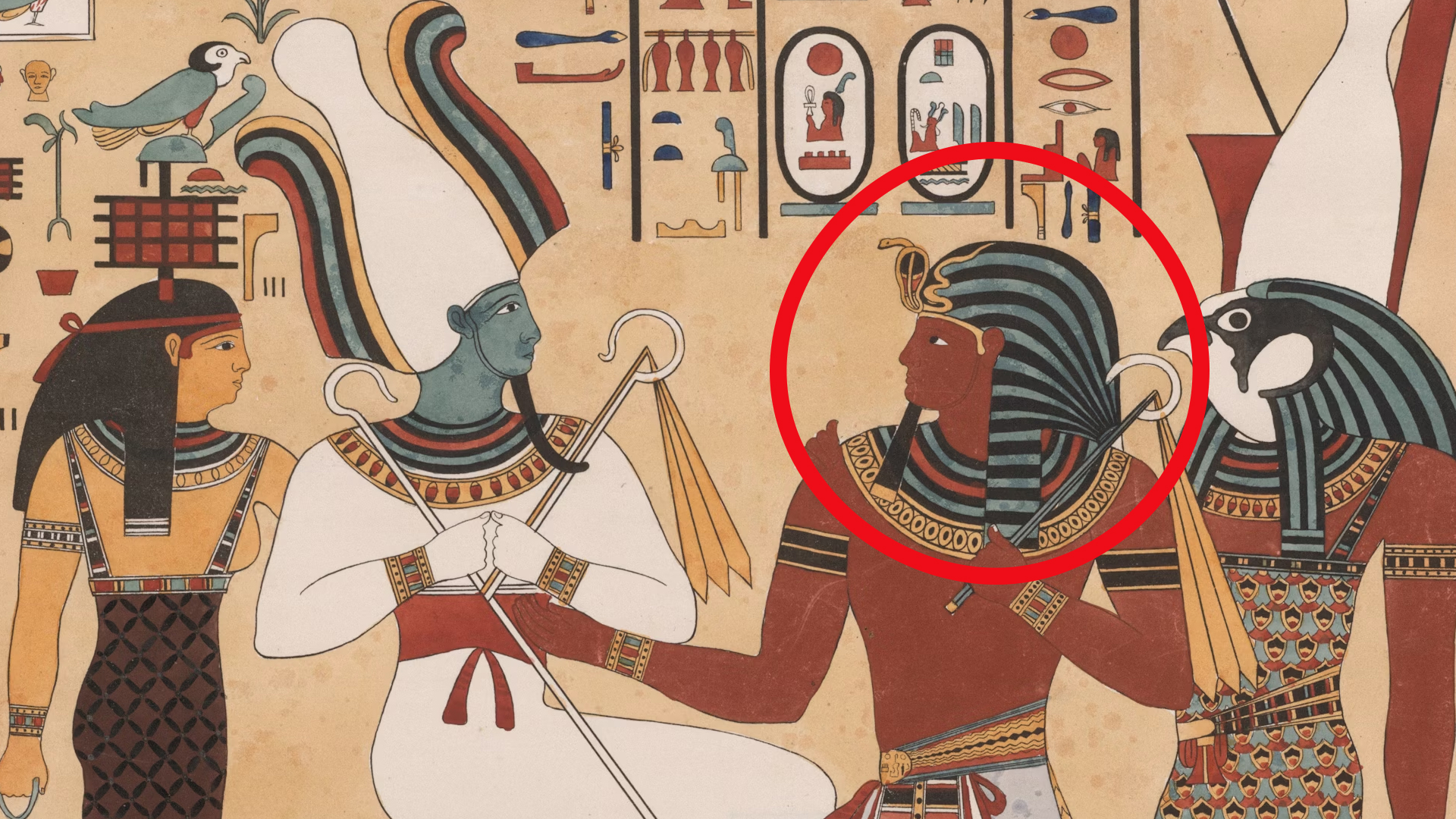
The Mysterious "Sea People" Who Collapsed Civilization
3,200 years ago, Bronze Age civilization in the Mediterranean suddenly…
By Robbie Woods Mar 18, 2025
20 Reasons It Sucked To Be A Chinese Dynasty Empress
Behind the Silk Curtains. The role of empress in a…
By Farva Ivkovic Jan 9, 2026
The story of Ching Shih, the Woman Who Became the…
Unknown author on WikimediaFew figures in history are as feared…
By Emilie Richardson-Dupuis Dec 29, 2025

